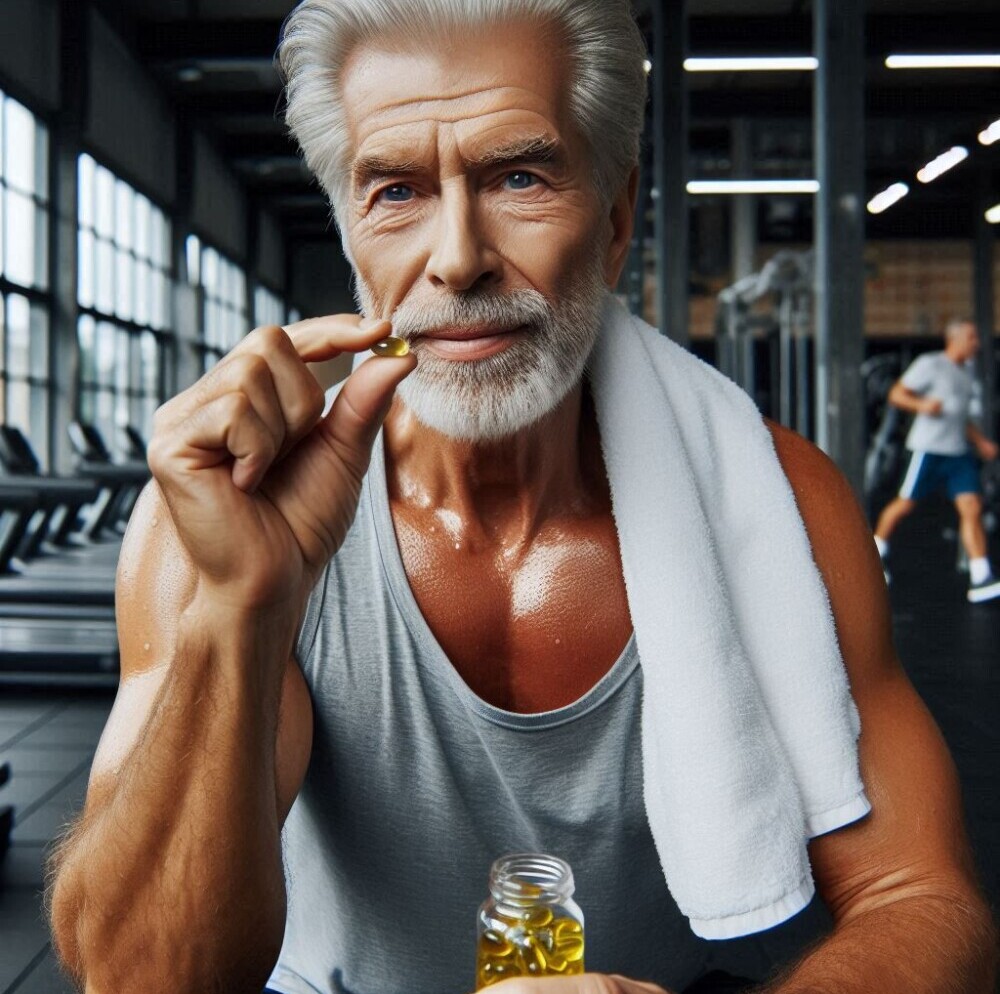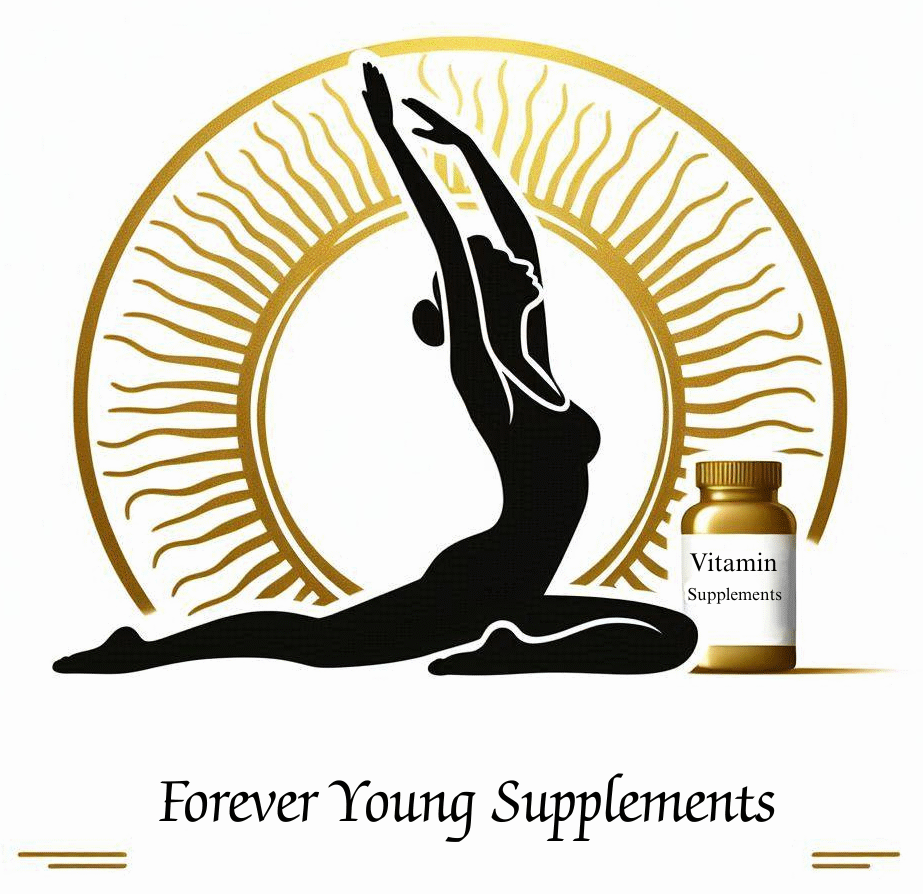Aging is like flipping through the pages of a well-worn book. As the chapters progress, the stories deepen, bringing wisdom but sometimes a bit of a slowdown in energy levels. Understanding how energy needs shift with age can help us turn these pages with more gusto.

Let’s break it down. Energy, at its core, is all about having enough pep in your step to enjoy the things you love. For older adults, it’s not just about managing daily tasks; it’s about staying engaged with life. Whether it’s playing with the grandkids, gardening, or simply feeling good, energy is a big deal.
So, as we get older, our bodies change. It’s all part of the grand scheme of life. But these changes impact how much energy we have. Metabolism takes a vacation, muscle mass decides to check out early, and suddenly, the once-easy tasks need a bit more oomph.
When people talk about energy needs in older adults, it’s about ensuring a good quality of life. You want to stay active, independent, and lively. Tackling this is about understanding what’s going on with our bodies and being okay with making some changes.
Understanding and addressing energy issues can totally transform the golden years into a vibrant, joyful, and fulfilling time. So, knowing what’s happening and what can be done puts you in the driver’s seat, ready to steer your life with vigor and vitality.
This guide explores why energy levels shift as we grow older, how to reclaim that vitality, and which nutrients and supplements can help you stay active and full of life.
Common Causes of Energy Loss in Older Adults
Aging is a wild ride, but sometimes it feels like the brakes are pumped a little too hard, sapping energy from everyday life. Understanding why energy levels dip can make a huge difference in how you manage your day-to-day.
First off, there’s the straightforward fact that our bodies just aren’t what they were a decade or two ago. A slower metabolism teams up with less muscle mass, meaning the usual pep might need an extra push. Heart, lungs, and other key players don’t operate at full throttle like they used to, taking a toll on energy fast.
Let’s talk about health stuff. Chronic conditions like arthritis or heart disease seem to love sneaking in as unwanted guests, both physically and mentally draining. They can turn simple activities into a full-body workout, making energy conservation pretty challenging.
Then there’s the lifestyle angle. Imagine skipping on nutrition or staying glued to the couch all day–not the best way to rev up your energy engine. Staying active and eating well are super important to maintain a healthy energy reservoir.
To recap, the common causes of energy loss in older adults are:
- Slower metabolism: As we lose muscle mass and gain more fat tissue, the body’s calorie-burning efficiency declines.
- Reduced hormone levels: Key hormones like testosterone, estrogen, and thyroid hormones drop with age, often lowering energy and muscle strength.
- Nutrient absorption challenges: The body becomes less efficient at absorbing nutrients like vitamin B12, iron, and magnesium — all of which play vital roles in maintaining energy.
- Chronic health conditions: Arthritis, diabetes, or heart disease can drain both physical and mental stamina.
- Medication side effects: Common prescriptions for blood pressure, cholesterol, or sleep can cause drowsiness or fatigue.
- Lifestyle factors: A sedentary routine, poor nutrition, and stress can all make you feel like your energy “tank” never quite fills up.
Mental and emotional factors matter too.
Fatigue isn’t just physical — it’s often emotional. Loneliness, depression, or prolonged stress can sap motivation and drain energy faster than physical activity ever could. Maintaining mental health and purpose is just as important as keeping your body moving.
The Importance of Energy and Vitality in Seniors
Turning the page into the senior years doesn’t mean you have to press pause on energy and enthusiasm. There’s this idea floating around that older adults need less energy, but that’s more myth than reality. Staying energised is a huge part of keeping independence and mobility in check.
When you have energy, yo a’re not just shuffling through life; you are actually dancing to your own beat. It means you are more likely to stay active and involved in things that make you happy, whether that’s hiking, crafting, or volunteering.

Being lively isn’t just about physical perks. Energy propels social connections too. When you feel good, you are more inclined to engage with friends and family, boosting your emotional well being. And of course, being surrounded by the people you love while doing things you enjoy? That’s priceless.
Keeping the energy dial turned up has serious advantages for mental health. A little pep in your step can guard against the clouds of depression and slow the creep of dementia. So, maintaining energy isn’t just about today; it’s about setting the stage for all your tomorrows.
In a nutshell, energy fuels life. From personal hobbies to social events, it creates opportunities to embrace and enjoy life to the fullest. Staying tuned into your energy needs means opening doors to more experiences, more joy, and ultimately, a happier, healthier you.
Simply put — when your energy is strong, life feels bigger, brighter, and more fulfilling.
Proven Strategies to Boost Energy Levels in Older Adults
Keeping your energy up isn’t just a dream—it’s totally in reach with a few smart tweaks to your daily routine. Modern life offers loads of ways for older adults to keep up their zest for life.
Nourish your body wisely. First up on the menu is food, glorious food. Packing your plate with fruits, vegetables, and whole grains keeps energy levels topped up. Don’t skip on key vitamins like D and B12. They are the unsung heroes in the energy world. These bad boys help fight off that sluggish feeling and get your body humming.
- Fill your plate with whole, colorful foods: fruits, vegetables, whole grains, lean protein, and healthy fats.
- Prioritize foods rich in B vitamins, iron, and magnesium — the nutrients that help your body convert food into energy.
- Avoid excess sugar and processed foods that cause quick energy spikes and crashes.

Move every day. Getting moving is a must. Exercise might sound tiring, but the right routine can actually boost energy rather than drain it. Think low impact but high reward: things like walking, swimming, or even tai chi. It’s all about finding what gets your blood pumping without leaving you wiped out. Try:
- Walking or swimming for endurance
- Yoga or tai chi for flexibility and balance
- Light resistance training to preserve muscle mass
Consistency matters more than intensity. Even short bursts of movement throughout the day can dramatically improve circulation and energy.
Stay hydrated. Even mild dehydration can cause fatigue, headaches, and poor concentration. Make water your go to beverage, and consider adding herbal teas or electrolyte rich drinks if you are active.
Prioritize restorative sleep. Poor sleep is one of the biggest causes of fatigue in older adults. Aim for 7–8 hours per night, and:
- Keep a regular bedtime.
- Limit caffeine and screen time in the evening.
- Create a calming bedtime routine — perhaps reading or listening to soft music.
Engage your mind and spirit. Mental exercise deserves a spot in your energy toolkit, too. Staying curious, learning new things, or even picking up a new hobby sharpens the mind and can give that wonderful sense of achievement.
f youare still feeling drained despite a healthy lifestyle? Check your vitamin levels as deficiencies can sometimes sneakily sap up your energy. Particularly, make sure vitamin D and B12 are in check as they are crucial for keeping fatigue at bay. Adjusting diet or talking to a healthcare provider can point things in the right direction.
Keeping your energy levels up is about making simple lifestyle changes and sticking to them. With the right approaches, living life with vigor in the later years is very much a possibility.
Effective Approaches to Combat Fatigue in Aging
Fatigue might feel like a never ending shadow, but don’t worry, it is far from unbeatable. Spotting those early signs is key. Things like persistent tiredness, lack of motivation, or if a simple task feels like running a marathon, it’s often a signal your body needs attention.
Medical and nutritional factors to check:
- Anemia: Low iron can cause weakness and tiredness.
- Thyroid issues: Hypothyroidism is common in older adults and leads to sluggish metabolism.
- Vitamin deficiencies: Especially B12 and D — both crucial for energy and mood.
- Medication review: Some drugs may be contributing to fatigue; your doctor can help adjust dosages or timing.
Once you know what you’re dealing with, a few lifestyle tweaks can have a massive impact. Pay attention to how your body responds to different foods or routines and make adjustments. Listening to your body is more powerful than you might think.
Alternative therapies offer some unexpected benefits, too. Yoga and Tai Chi keep you active without overexertion, promoting strength, flexibility, and relaxation. And sometimes a great massage can work wonders in resetting both body and mind, disappearing that fatigue like magic.
Setting a regular routine might sound boring, but it’s your best friend when battling fatigue. A consistent sleep schedule combined with balanced meal times helps your body find its natural rhythm, giving it a reliable shot of energy each day. It’s all about stabilizing those energy reserves.
The Role of Vitamins and Supplements in Sustaining Energy
While food should always be the foundation, supplements can fill nutritional gaps that naturally appear with age. Here are the key players in the quest for lasting vitality:
- Essential for nerve health and red blood cell production.
- Deficiency is extremely common in adults over 60 due to reduced stomach acid and absorption.
- Symptoms include fatigue, weakness, and brain fog.
- Supports muscle strength, bone density, and immune function.
- Low vitamin D levels are linked to fatigue and low mood, especially in adults who get limited sun exposure.
- Vital for transporting oxygen in the blood.
- Only supplement under medical supervision, as too much iron can be harmful.
- Helps with over 300 biochemical reactions, including energy production and muscle function.
- Low magnesium can cause fatigue, cramps, and restless sleep.
Coenzyme Q10 (CoQ10)
- Naturally produced by the body, but levels drop with age.
- Helps convert food into energy at the cellular level and supports heart health.
Omega-3 Fatty Acids
- Found in fish oil and flaxseed, omega-3s support brain and heart health — keeping you mentally sharp and physically active.
Adaptogenic herbs (Ginseng, Rhodiola, Ashwagandha)
- Natural compounds that help the body adapt to stress and maintain steady energy.
- Shown in studies to improve focus and endurance.
Note: Always talk with a healthcare professional before starting any new supplement, especially if you’re taking medications or have chronic conditions.
Living a Vibrant Life in the Golden Years
Living out the golden years full of energy isn’t just a dream, it is a reality that more seniors than ever are tapping into. Real life stories of individuals who have conquered fatigue inspire and show what’s possible with a little persistence and the right tools. The golden years can be the most fulfilling when you approach them with intention, curiosity, and care.

Here’s how to keep your vitality shining:
- Set small, meaningful goals. Celebrate every win — whether it’s walking a bit farther, cooking a healthy meal, or reconnecting with friends.
- Stay socially active. Join a club, volunteer, or simply make time for loved ones. Social engagement fuels emotional energy.
- Keep learning. Online courses, puzzles, and hobbies stimulate your brain and enhance life satisfaction.
- Nurture positivity. Gratitude and optimism directly influence your mental and physical health.
It is important to set realistic goals and celebrate those small wins along the way. Whether it is finishing a book, hitting your step count, or cooking up something new in the kitchen, acknowledging these accomplishments boosts confidence and motivation.
Every step you take toward better energy — no matter how small — creates a ripple effect of wellness throughout your life.
Because true vitality isn’t about turning back the clock… it’s about making every moment count.
Final Thoughts
Energy and vitality don’t fade with age — they evolve. By eating well, staying active, sleeping deeply, managing stress, and supporting your body with the right nutrients, you can feel strong, alert, and full of purpose at every stage of life.
